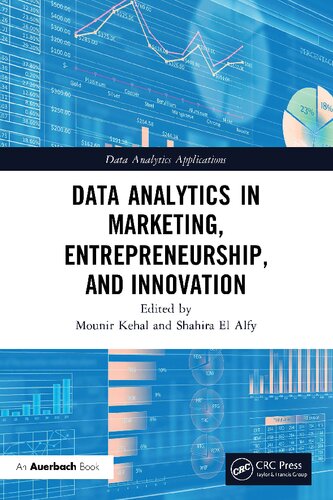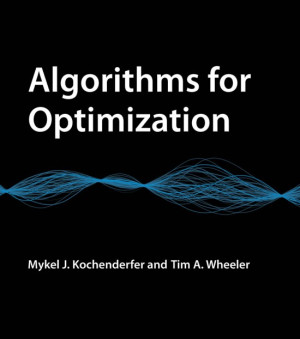Les changements climatiques et l’épuisement des ressources sont les principaux défis que l’humanité doit relever au 21e siècle Par ses répercussions sur l’écologie, les précipitations, la température et les systèmes climatiques, le réchauffement planétaire aura des effets directs sur tous les pays Personne ne sera à l’abri de ses conséquences Cependant, certains pays et certaines personnes sont plus vulnérables que d’autres À longue échéance, c’est toute l’humanité qui est menacée, mais les risques immédiats sont canalisés vers les pays les plus pauvres et les personnes les plus vulnérables au monde Ce n’est un secret pour personne que la terre se réchauffe et que la température mondiale moyenne a augmenté d’environ 0,7 °C depuis le début de la révolution industrielle En outre, cette tendance s’accélère : la température mondiale moyenne augmente de 0,2 °C par décennie Cette augmentation globale de la température occasionne des variations de la pluviométrie à l’échelle locale, un déplacement des zones écologiques, un réchauffement des mers et la fonte des calottes glaciaires.
CONCEPTION ARCHITECTURALE DURABLE EN MILIEU TROPICAL
- Auteur: Vincent Kitio
- ISBN: 978-2-89481-218-1
- Categorie: Livre
- Maison Edition: Institut de la Francophonie pour le Développement Durable
- Ville Edition: Québec
- Année Edition: 2015
- Domaine: Sciences et technologies (GC, GE, AR...)









